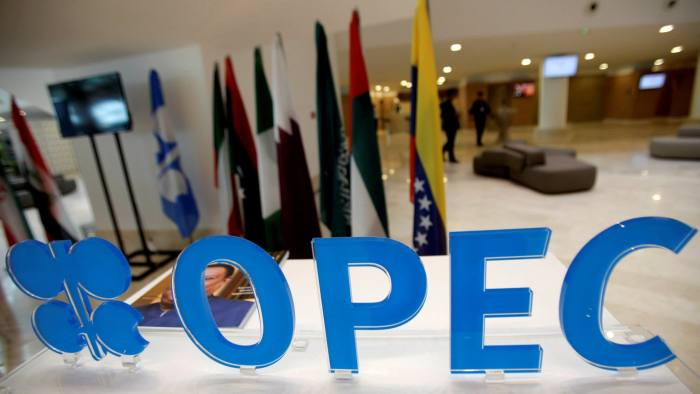Despite the internal wrangling between two of its biggest members- Iran and Saudi Arabia, the Organization of Petroleum Exporting Countries, OPEC has proven the skeptics wrong by agreeing to its first oil output cuts since 2008
This was made possible after Saudi Arabia accepted “a big hit” on its production and dropped its demand on arch-rival Iran to slash output, pushing up crude prices by around 10 percent.
Non-OPEC member Russia also agreed output cuts for the first time in 15 years to help prop up oil prices. The cut did not come without a casualty, however. Indonesia, the producer group’s only East Asian member, said it would suspend its membership after rejoining only this year as it was not willing to comply with the output cuts sought.
The agreement came despite huge political hurdles. Iran and Russia are effectively fighting two proxy wars against Saudi Arabia, in Yemen and Syria, and many skeptics had said the countries would struggle to find a compromise. Saudi Energy Minister Khalid al-Falih said ahead of the meeting that the kingdom was prepared to accept “a big hit” on production to get a deal done.
“I think it is a good day for the oil markets, it is a good day for the industry and … it should be a good day for the global economy. I think it will be a boost to global economic growth,” he told reporters after the decision.
OPEC produces a third of global oil, or around 33.6 million barrels per day, and under the Wednesday deal it would reduce output by around 1.2 million bpd from January 2017. That would take its output to January 2016 levels, when prices fell to over 10 year lows.
Saudi Arabia will take the lion’s share of cuts by reducing output by almost 0.5 million bpd to 10.06 million bpd. Its Gulf OPEC allies – the United Arab Emirates, Kuwait and Qatar – would cut by a total 0.3 million bpd.
Iraq, which had insisted on higher output quotas to fund its fight against Islamic State militants, unexpectedly agreed to reduce production – by 0.2 million bpd. Iran was allowed to boost production slightly from its October level – a victory for Tehran, which has long argued it needs to regain market share lost under Western sanctions.
Non-OPEC Azerbaijan and Kazakhstan have said they might also cut. Nigeria and Libya joined Iran as the countries exempted from the oil output cuts by OPEC. Nigeria was exempted from the reduction due to cases of oil pipeline vandalization which have affected its production for months.




